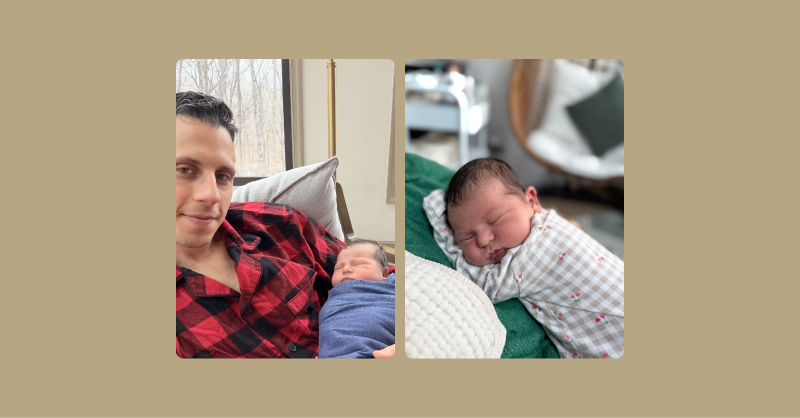BL&T No. 092: Services or Skills?

This post originally appeared in my weekly newsletter, BL&T (Borrowed, Learned, & Thought). Subscribe
Borrowed
"An effective sales person first seeks to understand the needs, the concerns, the situation of the customer. The amateur salesman sells products; the professional sells solutions to needs and problems. It’s a totally different approach. The professional learns how to diagnose, how to understand. He also learns how to relate people’s needs to his products and services. And he has to have the integrity to say, “My product or service will not meet that need” if it will not."
From "The 7 Habits of Highly Effective People: Powerful Lessons in Personal Change" by Stephen R. Covey [Book]
Learned
Last week, we officially started the process of creating a single place to outline Barrel's service offering. While various similar documents exist today in Pitch, Google Drive, and Notion, the focus now is to create a source of truth for our team, specifically Business Development and Client Services, and possibly, clients.
After kicking off this initiative, I started thinking about what it means to establish a service. By definition, service is the action of helping or doing work for someone. In this case, someone is our client. So naturally, when we think about our services, we should remind ourselves to start with the client and work backward from their needs. What is most important to them?
In this way, I am noticing an opportunity to de-couple our services from our skillset as we embark on this new initiative. Although it seems obvious, I can see how the lines have gotten blurry in the past.
For example, if you looked at our website today, you'd see Shopify Ecommerce Website Design & Development listed as a service. While one might argue that designing and building a website for a client is helpful to them, websites come in many shapes, sizes, timelines, and price tags. As a service, this framing is vague. It does not reflect real client use cases or address market trends. When looking for opportunities to evolve this "service," internal discussions can lead to the team debating what we think is the best way to get the work done. If we are not careful, this can result in a longwinded process of deliverables and milestones that may keep the client engaged but are more inspired by better scope management than helping clients reach outcomes.
Should we decide to work with a client whose timeline or budget does not fit our desired approach, we try to cut out steps or simplify the process. Sometimes, this revised approach works out. Other times, the team feels strained, wondering why we agreed to these seemingly impossible constraints (typically shorter timelines or lower budgets). When you get down to it, these constraints can be the beginning of developing a powerful service!
How many bakers make custom cakes? Yet, that's not what's on the menu. The customer has options for different use cases, budgets, etc. From this perspective, Shopify Ecommerce Website Design & Development is merely a skill, or even better, Ecommerce Website Design and Shopify Development are both a part of our skillset. We are competent at designing and building a website on Shopify. As an agency, our skillset will evolve, but progress there takes time. It is how we bundle up and apply these skills for clients that value gets created. That is where service innovation can be happening more rapidly.
Looking back, our ability to flex with client constraints has always contributed to what makes us competitive. Whether or not the projects with shorter timelines or lower budgets worked out, we have learned a lot about how and where we can flex. Rather than framing Shopify Ecommerce Website Design & Development as a service and making "trade-offs" for every new proposal, we can brainstorm client use cases and design services that result in successful client outcomes and a happy team.
When we set out on this initiative, I thought it would be a straightforward exercise in brainstorming, capturing, and refining everything we offer our clients. It is exciting to see that it can be more than that. I am eager to explore this new mindset further and see where it takes us. In the end, I think we'll end up with a growing offering of services built upon a strong foundation of skills.
At a minimum, I hope to show the team that, for example, there are several ways to launch a Shopify website. Then from there, equip them with the tools and confidence to execute the few services we offer to help clients of all kinds and stages achieve that result. In the long run, my aim is that this initiative will inspire a different way of thinking for all involved and further connect the dots for the team between their work and client outcomes.
Here's another update from last week:
Thought Starter
Where am I selling skills without developing services? How can my skills help my customers succeed?








